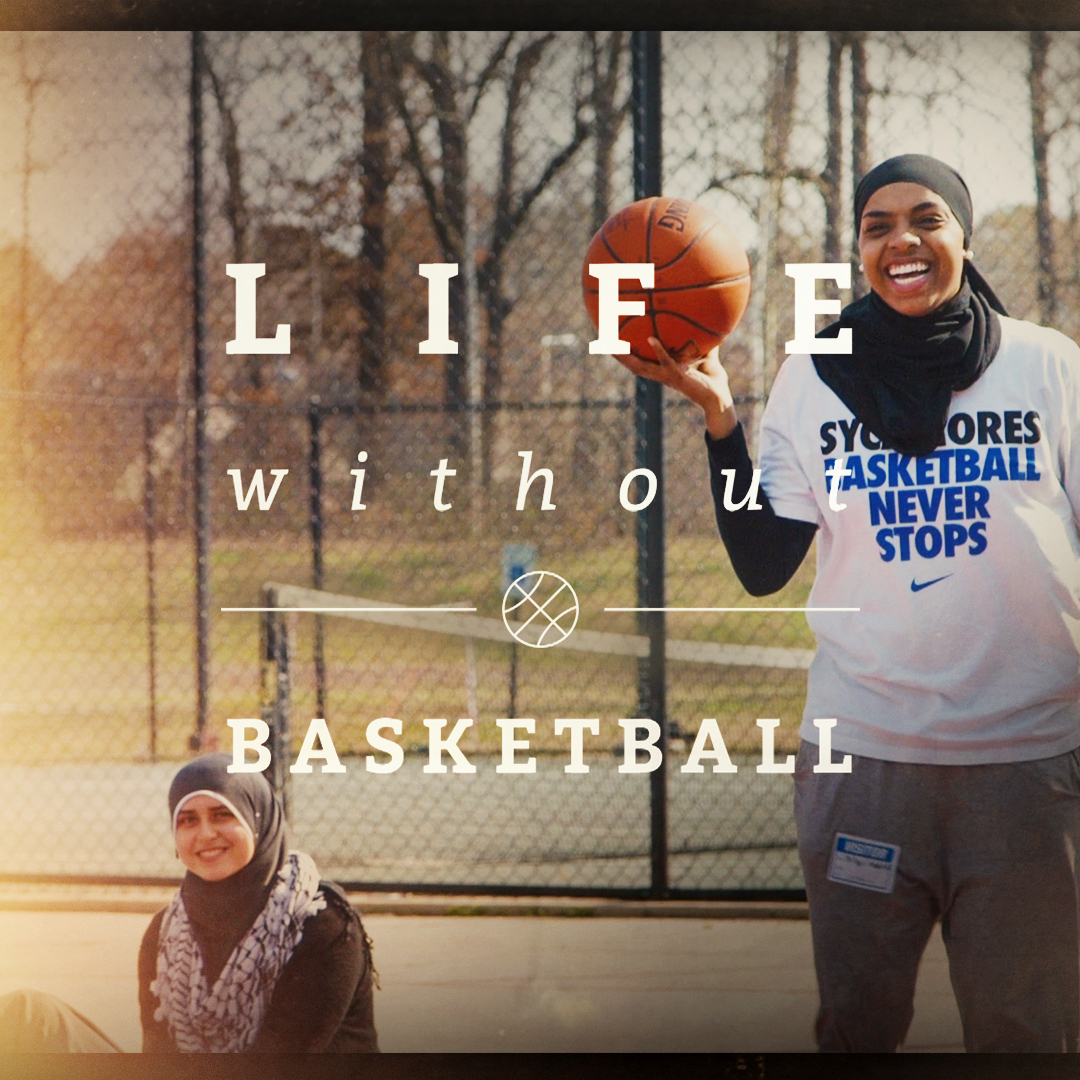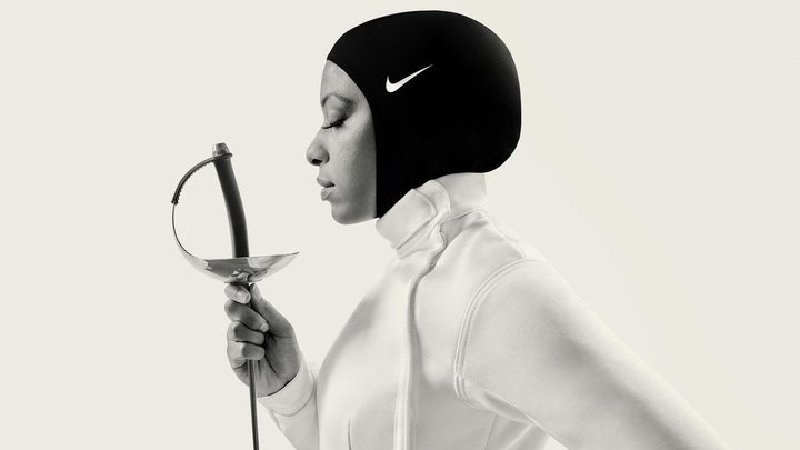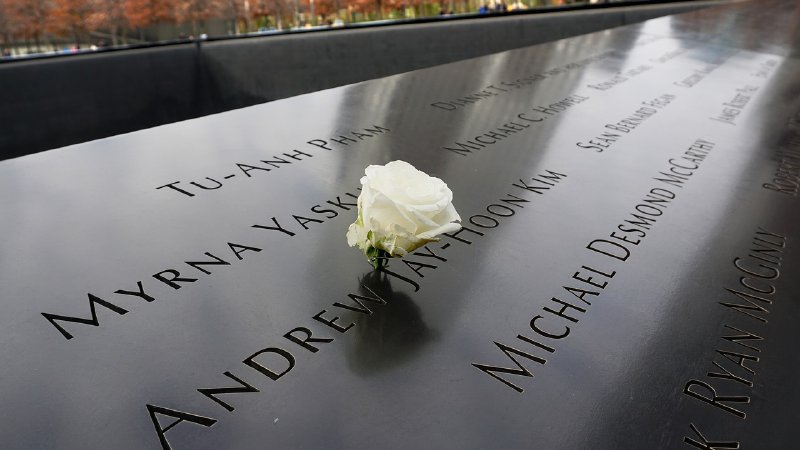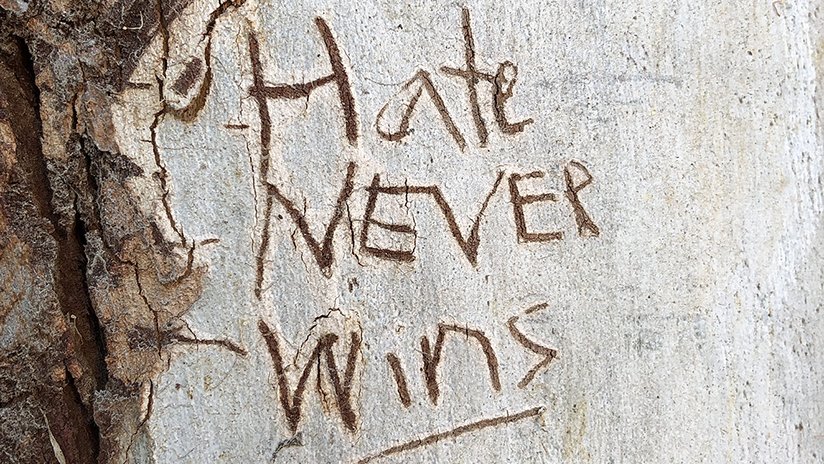
-
HOME
-
WHAT IS STANDOur Mission Our Values Our Help Contact
-
WHAT WE FIGHT FORReligious Freedom Religious Literacy Equality & Human Rights Inclusion & Respect Free Speech Responsible Journalism Corporate Accountability
-
RESOURCESExpert Studies Landmark Decisions White Papers FAQs David Miscavige Religious Freedom Resource Center Freedom of Religion & Human Rights Topic Index Priest-Penitent Privilege Islamophobia
-
HATE MONITORBiased Media Propagandists Hatemongers False Experts Hate Monitor Blog
-
NEWSROOMNews Media Watch Videos Blog
-
TAKE ACTIONCombat Hate & Discrimination Champion Freedom of Religion Demand Accountability
Life Without Basketball: A Young Muslim Woman’s Journey from Athlete to Advocate
Alooah, young basketball star Bilqis Abdul-Qaadir’s mom, is in the kitchen preparing a spaghetti and meatball dinner for her Muslim family. She observes to the camera, “We’re quick to label people. And we’re not as quick to search for and know the real whatever about people.”
Life Without Basketball, Tim O’Donnell and Jon Mercer’s multi-award-winning documentary about a woman who became the first Division 1 basketball player to play wearing a hijab, is all about that “real whatever”—how we identify ourselves and how that identity, too often, comes into conflict with those who are quick to label us based on stereotypes and prejudice.

The film opens the new season of the Scientology Network Documentary Showcase, a platform the network provides to independent filmmakers who embrace a vision of building a better world.
“We can’t be afraid to be a Muslim.”
Bilqis is a talented athlete. She is committed, disciplined and focused on becoming the best she can be at the sport she loves. In high school, she dominates on the court, breaking records and becoming a local celebrity. In college she excels. Scouts are interested. Her career path is clear and the sky’s the limit. President Obama calls her “not just an inspiration to Muslim girls. She’s an inspiration to us all.”
Then, on the cusp of transitioning to the pros, she hits a wall. The International Basketball Federation (FIBA) forbids any player to participate in the sport who wears a head covering of any kind. Bilqis is a devout Muslim. Her hijab is part of who she is. “We can’t be afraid to be a Muslim,” she says.
What Bilqis worked to achieve for so long was suddenly and decisively blocked by the very group that should have been first in line to welcome her to the fold. Until then, like any athlete, her complete focus had been on the game. Because something magical always seemed to happen as soon as she put on her uniform and jogged onto the court. All other concerns and problems vanished, and basketball was her whole world. Something magical happened to the crowd there, too. As Bilqis put it, “As soon as I stepped on the court I would get weird looks. People would look at me and whisper to their friends like, ‘Oh my gosh, why does she have all that on?’ But as soon as I made a basket they’d be like, ‘She can hoop! She’s GOOD!’ So it changed people’s perspectives.”
Nothing, on the other hand, changed FIBA’s perspective—not even a 132,000-signature petition moved them to waive or modify the rule, and Bilqis found herself in uncharted territory, faced with a life without basketball. Since childhood, she identified as a basketball player, but, “Right now I don’t know who I am. Am I anybody without basketball? Am I still myself?”
O’Donnell and Mercer cover Bilqis’s struggle to remake her life and rediscover how to, as she puts it, “do something that can affect people still,” with grace and respect. Bilqis’s family—mother, father, younger siblings—open their house to the filmmakers and allow us an intimate glimpse of a family committed to their faith and each other—laughing, instructing, eating, praying, celebrating triumphs and dealing with setbacks.
“It takes strength to walk outside and look different from everybody else.”
Bilqis’s post-basketball journey includes coaching a Memphis elementary school all-Muslim girls team, the only such team in a league of parochial schools, as well as a stint as a motivational speaker—all while fighting for a second chance at pro basketball.
Along the way, she experiences prejudice and indifference, such as the referee who coldly informs her and her team of children that, as nonbelievers in Jesus Christ, they are sinful and condemned. In an ESPN interview she reveals that more than once she has overheard people mocking her with lines like this one: “She looks like Osama bin Laden’s niece.”
“It’s hard to be a Muslim woman in America,” she confides. “It takes strength to walk outside and look different from everybody else.”
Directors O’Donnell and Mercer have done us a service by affording us an up-close look at a real person, penalized for trying, simultaneously, to fulfill her passion and practice her religion.
Bilqis never intended to be anything but a professional basketball player. It wasn’t on her to-do list to be a voice for human rights or a conscience for religious freedom. But because of who she is and what she fought for, she found herself cast in those roles.
Kudos to O’Donnell and Mercer for their compelling and enlightening portrait of a young woman’s journey from athlete to advocate—and kudos to Scientology Network for giving this most vital story a platform for us all to see.









